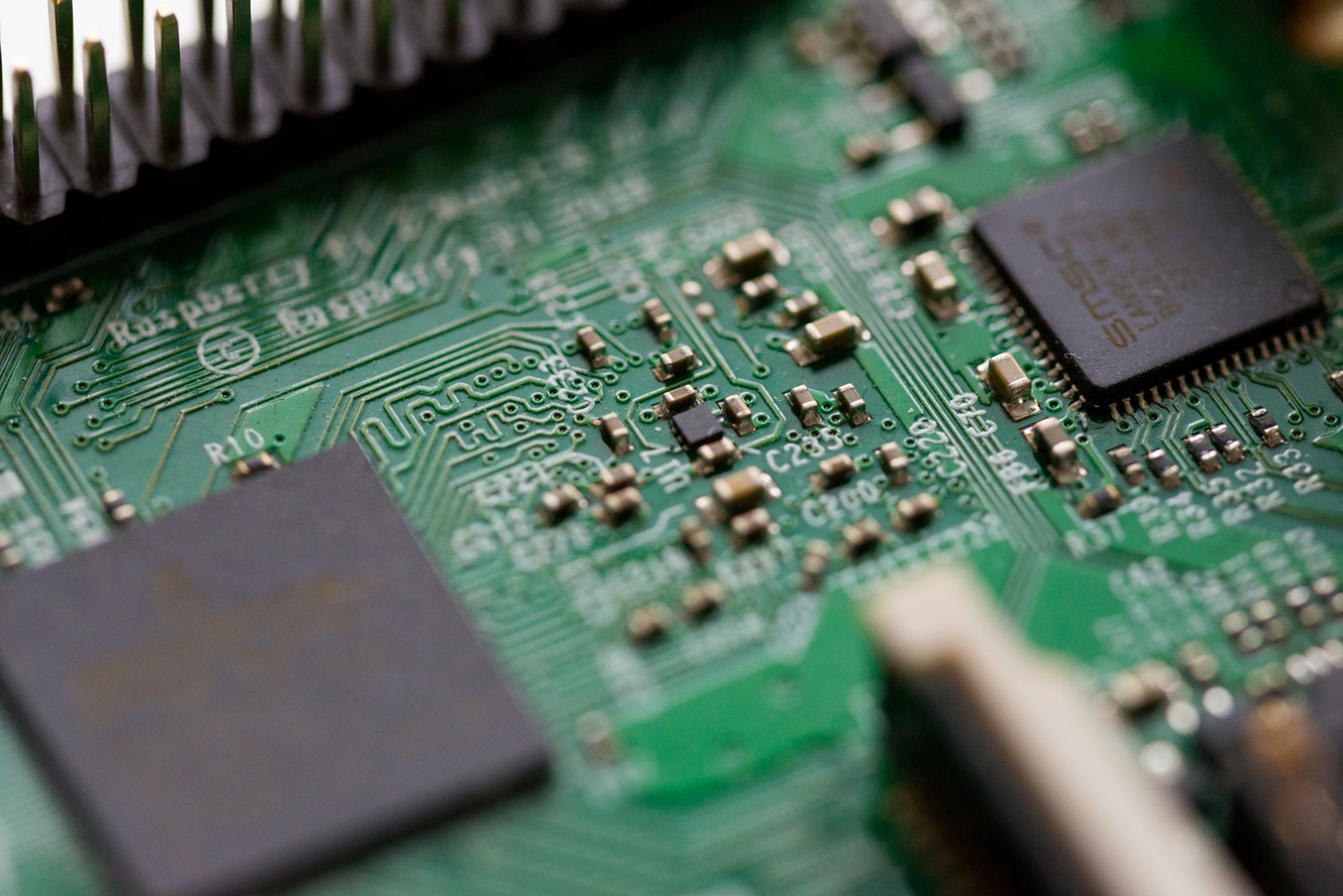Surface Mount Technology (SMT) is becoming increasingly popular, taking over more commonplace through-hole wired connections on Printed Circuit Boards (PCB). With the rise of SMT, associated skills and experience are valuable to employers.
Take a look at this helpful SMT guide and find out how you can get involved.
What is Surface Mount Technology?
SMT is the method whereby components are mounted onto the surface of a PCB.
SMT has largely replaced through-hole technology since the 1980s, in which components are attached to a PCB through leads which feed through holes in the board and are soldered on the other side by hand or machine. Due to the lack of need for wire attachments on the components, SMT components tend to be somewhat smaller than through-hole components.
Benefits of SMT
There are many reasons SMT has become so popular since its introduction many years ago. Not only are there cost benefits to utilising SMT, but it is also faster than traditional through-hole technology.
Due to the smaller components, more can fit on the PCB. As components are applied directly to the board, they can be placed on both sides, maximising components and use of PCB. Smaller components also mean SMT is mostly cheaper than through-hole, with equivalent pieces costing less for SMT.
Although placement error may seem more likely with smaller components, errors are quickly fixed with molten solder creating a pull to align with solder pads. This is preferable to more complicated processes to fix errors.
Without wire attachments, the radiation loop is smaller in SMT than through-hole, meaning there are lower radiated emissions. Also, due to the lack of wires, less holes have to be drilled, increasing usable space on the PCB.
One of the largest benefits to SMT is it is appropriate technology for the times. As electronic device continues to become more complex and space is reduced, the demand for SMT increases.
Surface Mount Technology Jobs
There are multiple jobs associated with SMT, from SMT technicians and operators, to Electronics Technicians. Usually, experience in a manufacturing or electronics environment is required, along with working knowledge of soldering and PCBs.
Salary for SMT related jobs can vary depending on experience, company, and seniority of the role. An average full time SMT worker can expect to earn between £18,000-£24,000. Senior roles can expect to earn upwards of £30,000, reflecting many years’ experience and high skill level.
Here at BMR Solutions, we’re technical industry recruiters specialising in finding experienced staff for the engineering and manufacturing market, including jobs relating to SMT. Below are requirements and skills needed to become a SMT Operator taken from a current vacancy we have available.
SMT Operator Requirements
- SMT Experience (ideally of at least 3 years)
- Must follow instructions and diagrams
- Work to tight deadlines maintaining accuracy
- Ability to work in a team
- Experience working in manufacturing environment is essential
SMT Operator Duties
- General running and maintenance of the SM machines
- Programming of SMT and automated optical inspection (AOI) machines
- Running and maintenance of printers
- Running and maintenance of reflow oven
- General housekeeping of SM area
- Correct and safe use of printing equipment, reflow oven and AOI machine
- Meet company targets in production and quality
- Continual improvement of SM productivity
- Counterbalance forklift/reach truck licence
Tips for Getting Started with SMT
As the above job description notes, experience with soldering, PCBs, and an electronics/mechanical environment is key. Therefore, it is important potential SMT job candidates are familiar with the demands of the environment and the skills required. Perhaps specialising in SMT after gaining experience in soldering or within electronics may be a plausible route for prospective SMT job applicants.
Gaining qualifications in practical skills relating to SMT will help make a potential application stand out from a crowd. Anyone looking to get started in electronics related jobs should consider gaining qualifications, from apprenticeships to degrees, to gain relevant knowledge. Apprenticeships are often popular as apprentices learn on the job, in the relevant environment, while earning a wage.
Surface Mount Technology Jobs with BMR Solutions
Here at BMR Solutions, we specialise in recruiting for the mechanical or electronics market, including working with soldering and SMT. Check out our available jobs, or get in contact with one of our recruitment specialists to help you get started in your career.





